Market Share
Aviation Crew Management Systems Market Share Analysis
The Aviation Crew Management Systems market is seeing disruptive trends that are changing how airlines manage their personnel and optimize operational effectiveness. One of the industry’s notable trends is the growing acceptance of cloud-based crew control systems. Cloud-based platforms offer factual time access to crew data, collaboration and scalability, leading to change in airline’s infrastructure from traditional on-premise systems to this new platform. This trend mirrors adoption of the cloud technology in air travel which enables flexibility, reduces infrastructure costs, streamlines crew management processes over various divisions.
Another significant trend in this area is the inclusion of artificial intelligence (AI) and machine learning (ML) into crew management systems. These technologies enable airlines to predict operational disruptions, create optimized rosters for a flight as well as make better decisions for them based on knowledge-driven rules. The use of AI and ML algorithms enables historical data analysis and provides smart suggestions for crews’ assignments. This transition implies more intelligent and adaptive crew control methods which results in innovative workforce planning and utilization measures.
Besides there is an increasing demand for mobile centric solutions for managing flight crews which represents one of the key trends found in Aviation Crew Management Systems market. Some carriers have therefore developed smartphone applications that can be used by members of their cabin crews to check schedules as well as get updates regarding any changes or other relevant information at real-time basis. In addition to that, these solutions fit well with airline industry emphasis on improving communication satisfaction among its staff such as pilots or hostesses through a more flexible approach like mobile-based orientation since it offers perfect connectivity between ground staffs especially at the headquarters with travelling flight employees enabling self-improvement team working without experiencing difficulties while travelling.
Also gaining momentum within the aviation sector are integration approaches between operations platforms that facilitate complete system interconnectivity among several operational areas including customer service center; fleet operations; maintenance; etc Thus when integrated with other operational systems like flight operations or customer service management, it will provide for a retrieved view of crewing data that will help in better coordination, communication and interaction amongst the various segments. This trend highlights the growing importance of comprehensive and connected crew management systems as part of an operator’s drive towards becoming more operationally efficient company.
The concept of fatigue risk management that has emerged as a critical component in crew resourcing is shaping industry trends. Airlines have begun to use fatigue risk assessment tools embedded into their crew control systems to monitor and mitigate the impact of pilot fatigue on safety. This development indicates increased concern for crew welfare, safety and regulatory compliance among airlines which have been working towards achieving a more flexible approach to managing pilots’ rest and avoiding tiredness-related hazards during operational flights.
In addition to this, there is strong shift toward data-driven decision-making in Aviation Crew Management Systems. Employing analysis and utilizing insights from collected datasets allows companies to maximize utilization of their labor force while refining scheduling accuracy thereby increasing operational efficiencies. Nowadays airlines can rely on databases thus being able to affect not only productivity levels but also compliance with aviation regulations or even overall business performance.
Lastly, adherence to regulations including aviation laws pertaining crews’ legality has become significantly important within this market segment. Therefore, they are adopting software applications that support automatic regulatory oversight so as to comply with complex flight attendant duty time rules efficiently. The trend confirms the commitment of the industry players towards complying with air travel requirements hence avoiding fines while trying to optimize cabin crews’ rosters under single legal framework constraints such as FRMSs./
Notably, the Aviation Crew Management Systems market is also witnessing a rise in cybersecurity concerns. These systems contain sensitive information linked to crew schedules, personal data and operational plans hence ensuring strong security measures is critical. Airline companies and suppliers are investing in state of the art cyber protection technologies to mitigate any potential threats thus ensuring that the integrity of crew management data remains intact.


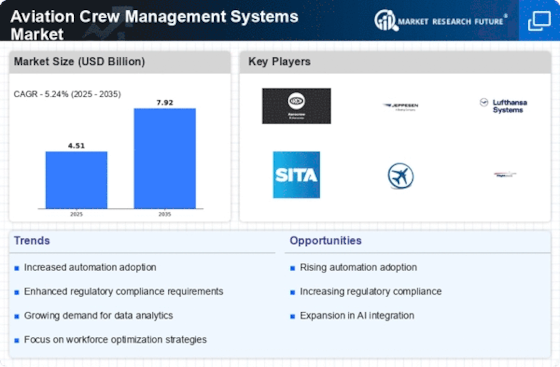

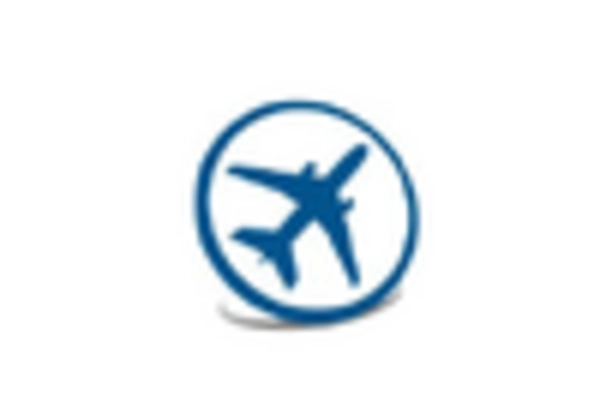
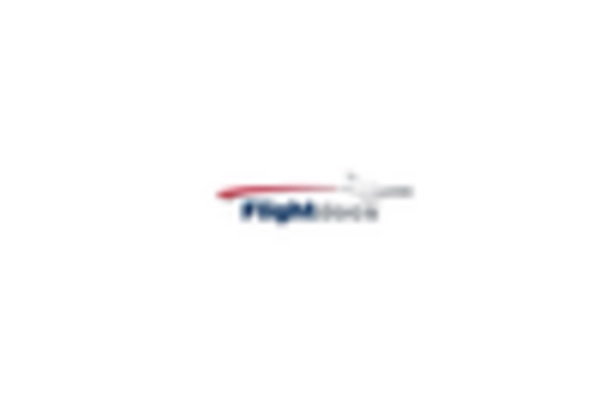
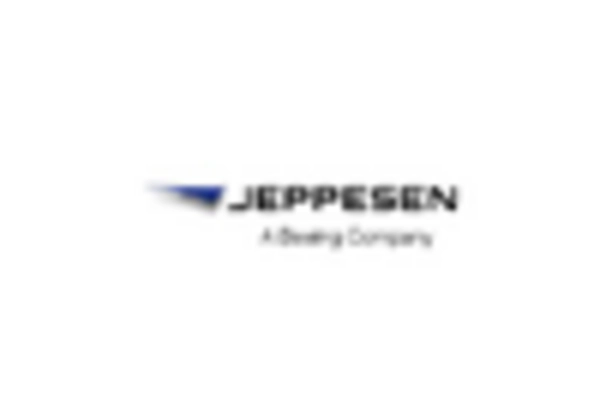
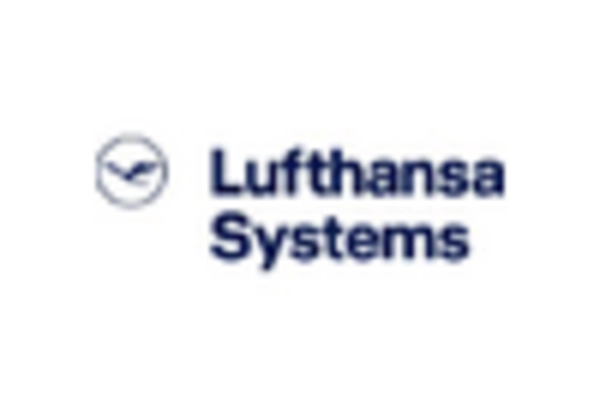
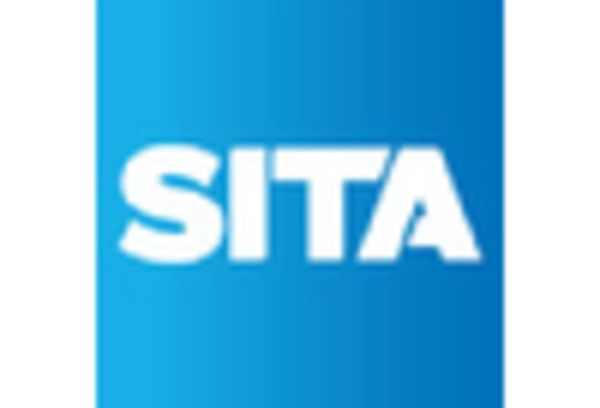










Leave a Comment